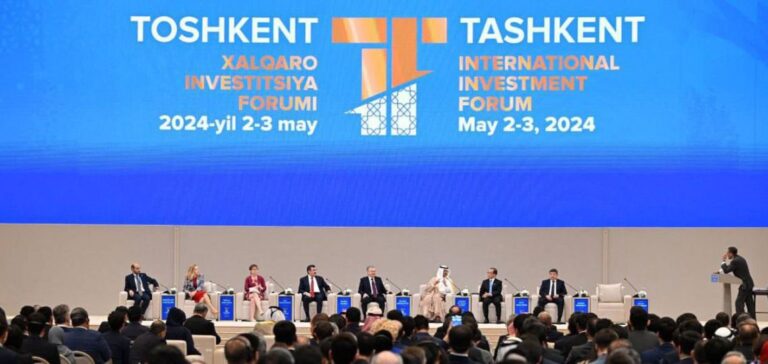Akylbek Japarov, Chairman of the Cabinet of Ministers of Kyrgyzstan, revealed at the panel session of the IIIrd Tashkent International Investment Forum that the country is exploiting only 13% of its hydroelectric potential. Despite its high energy production capacity, hydropower accounts for almost all of Kyrgyzstan’s green energy. This low operating rate represents a significant opportunity for future expansion.
Current projects and calls for investment
The forum saw the presentation of several major energy infrastructure projects, including the construction of the Kambarata-1 hydropower plant and details of the Chatkal power station. These projects are part of a wider initiative to build a series of power plants on the Chatkal and Naryn rivers. Japarov stressed the crucial importance of foreign investment for the development of this key sector of the Kyrgyz economy, encouraging close cooperation.
Implications for the energy sector and the economy
Hydroelectric projects such as Kambarata-1, one of the largest in Central Asia, promise to transform Kyrgyzstan’s energy landscape. Located on the Naryn River, with a capacity of 1,860 MW and a reservoir of 5.4 billion cubic meters, the plant is designed to generate 5.6 billion kWh per year. This development is likely to stimulate the local economy and strengthen national energy security.
Kyrgyzstan’s initiatives to develop its hydropower sector illustrate the country’s strategy of increasing clean energy production while attracting foreign investment. These efforts mark a promising step towards greater energy autonomy and a more sustainable economy.






















